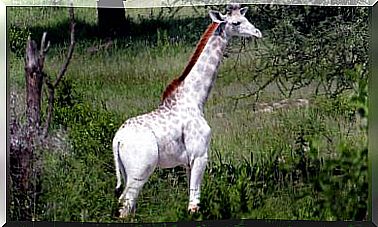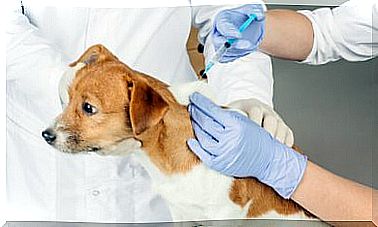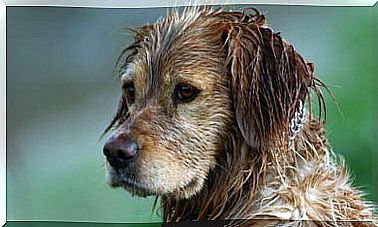What Is The Animal Welfare Law Like?

In Spain there is still no law that fully recognizes the rights of animals. However, there is an animal protection code, which contains the general rules at the state level and the specific regulations that make up the animal welfare law in each autonomous community.
Additionally, the Spanish penal code has expanded the concept of animal abuse and has established more severe penalties for this crime. Next, we will see in more detail what the animal welfare law is currently in Spain.
Animal welfare law: the big picture in Spain
Despite the advances in the Penal Code, Spain does not have a framework animal welfare law at the state level. In other words, there is no unified legislation in the country that harmonizes municipal ordinances for the protection of animals.
In general terms, it is understood that the codes or ordinances of animal protection aim to combat abuse and regulate activities that use animals in their performance, such as livestock, transport or scientific research.
In this sense, it is essential to clarify that the animal welfare law covers not only companion animals, but also guides the use of animals for productive or recreational purposes. In other words, its scope must also guarantee a dignified treatment of wild, farm and laboratory animals.
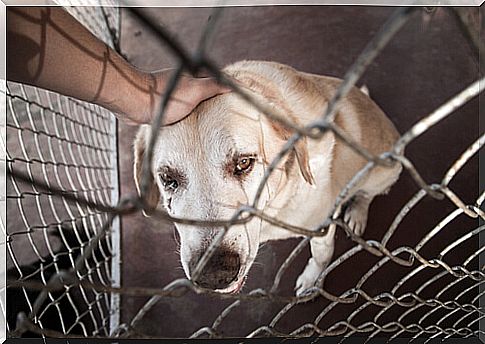
Animal abuse in Spain: concept and applicable sanctions
After the latest reform of article 337, that of the Spanish Penal Code expressly determines :
In the event of the death of the animal as a result of abuse, the penalties are intensified. Owners can be sentenced to 18 months in jail, while professionals or businesses can also be disqualified for two to four years.
Although the penal code guides when the crime of animal abuse occurs and how it should be punished, the ordinances at the municipal level are very different in relation to the applicable penalties. It is not unusual for a person to serve time in prison for animal abuse. In fact, no such sentence has ever been handed down for this crime.
Most of the offenders are financially sanctioned, and in some cases they can provide substitute services. Regarding fines, the values are highly variable depending on the town hall where the crime occurs.
In general, fines for animal abuse are set at around 300 euros, and can be doubled or tripled in case of repetition. On the other hand, financial penalties for abandonment can lead to significant financial penalties.
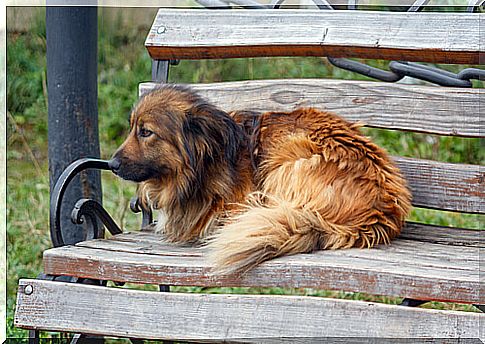
Farm animal welfare and the limits of the current animal protection code
Currently, livestock activities in Spain are required to comply with the regulations established in Royal Decree 348/2000, of March 10. To this is added Directive 98/58 / EC, which aims to protect animals on livestock farms.
This legal scope includes all vertebrate animal farms that are created for the production of leather, fur, wool, food or other livestock purposes. On the other hand, it does not cover animals dedicated to exhibitions, competitions, sports or cultural activities, or those that live in the natural environment.
These regulations detail the requirements that must be met in the animal facilities, including their nutrition and health. In addition to clarifying the basic documents that breeders must accredit and determine that the personnel employed in the establishments must have a minimum training for the exercise of their functions.
Likewise, popular support for initiatives such as ‘No more cages’ show that the animal welfare law in Spain still leaves much to be desired in the protection of farm animals. More than 90 million animals live imprisoned on Spanish farms and the vast majority do not respect the essential guidelines of animal welfare.
In addition to not being able to carry out adequate physical activity, the animals are permanently subjected to contexts of high stress. Their situation shows that the concept of animal abuse and welfare in Spain is usually limited to animals considered ‘companion’.
